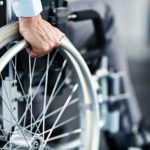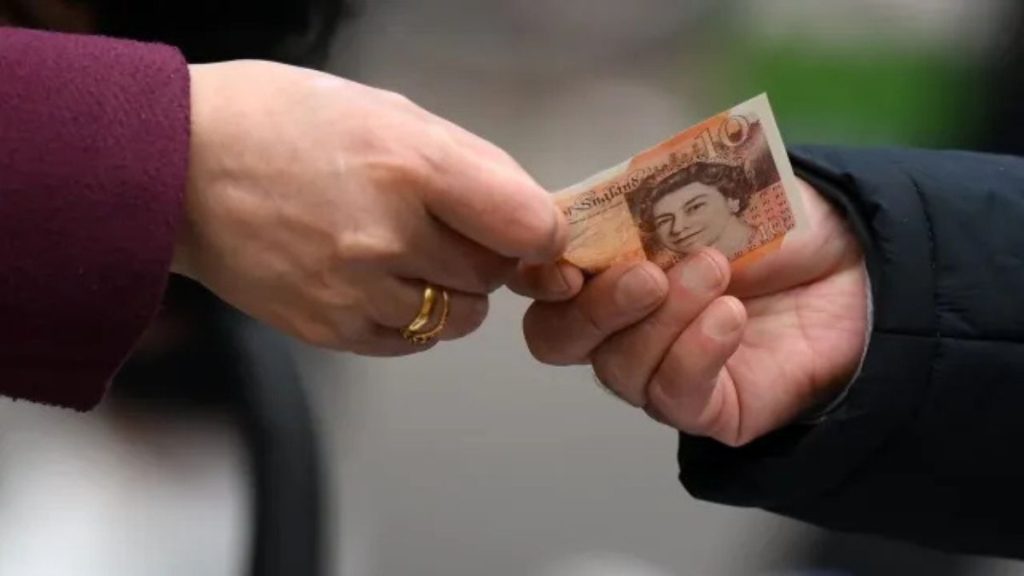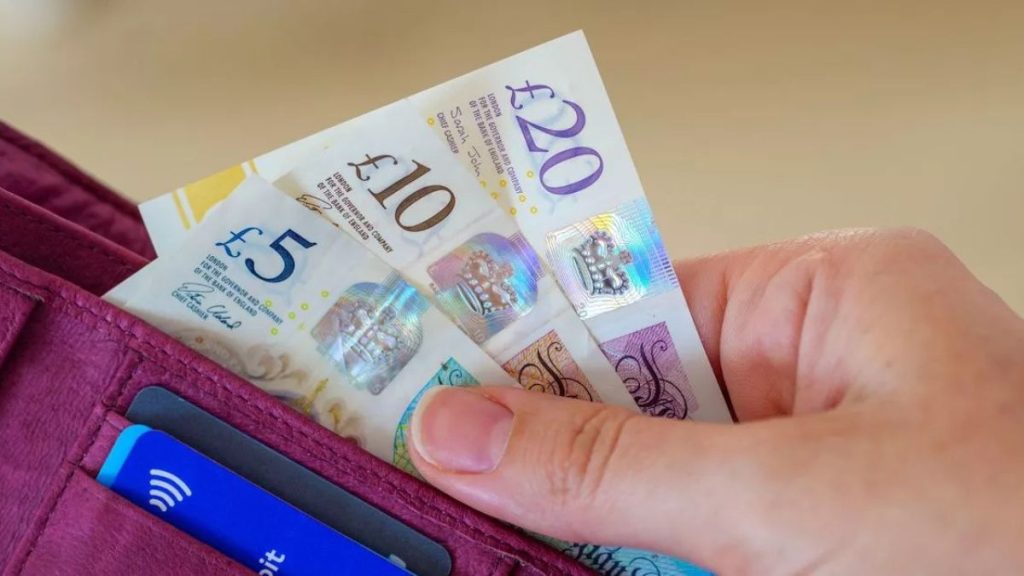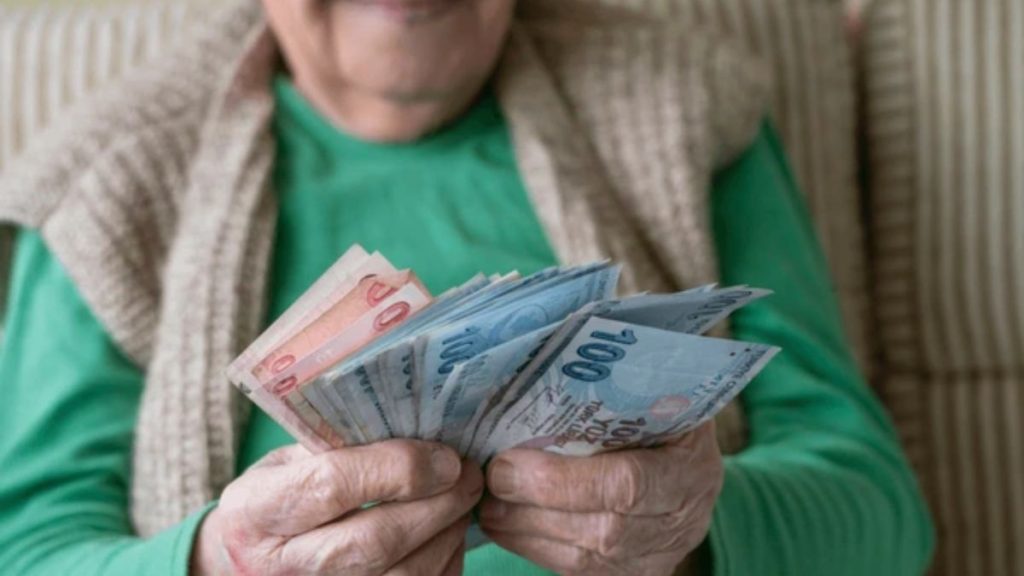HMRC has confirmed that a £300 deduction may be applied to some UK pensioners’ bank accounts, but only in specific overpayment recovery cases. Contrary to rumours circulating online, this is not a universal or automatic withdrawal affecting all retirees.
The measure is part of HMRC’s targeted recovery programme, designed to correct historical payment errors and ensure that public funds are reclaimed fairly. Each deduction follows a formal written notice, allowing pensioners time to check details, challenge errors, or arrange repayment plans.
Why HMRC Is Making These Deductions

The initiative forms part of HMRC’s ongoing efforts to maintain accurate tax and benefit records. Overpayments can occur for several reasons, including administrative mistakes, changes in income, or delays in reporting updates.
Typical causes include:
- Unreported changes in income, savings, or living arrangements.
- System or data entry errors later identified during audits.
- Duplicate or overlapping payments following pension upratings.
- Late data transfers from other agencies affecting benefit entitlements.
HMRC stresses that the £300 figure is typical for confirmed overpayment cases but varies depending on individual circumstances.
Who Could Be Affected
You may fall within the scope of recovery if:
- You have previously been notified about an overpayment or discrepancy.
- You did not respond or repay after an earlier HMRC notice.
- Your benefit entitlement changed due to updated financial or household information.
However, you are unlikely to be affected if:
- You have kept HMRC informed of income and status changes.
- You have no history of overpayments or disputed records.
- Your benefit and tax accounts are up to date on GOV.UK.
HMRC aims to focus recovery only where clear evidence of overpayment exists.
How You’ll Be Notified
Before any deduction occurs, HMRC will issue an official notice both by post and in your GOV.UK online account.
The letter will clearly state:
- The reason for the deduction and how the amount was calculated.
- The total outstanding balance and repayment timeline.
- Your right to appeal and the 30-day deadline for doing so.
- Contact routes for support or repayment options.
HMRC will never confirm deductions by text, WhatsApp, or social media messages. If you receive such communication, treat it as a scam.
How to Verify an HMRC Deduction Safely
To avoid fraud or misinformation, always confirm directly via official channels:
- Visit: www.gov.uk — log in through Government Gateway.
- Check your messages and payment history in your online account.
- Compare the details in the letter with your bank statements and benefit records.
- Contact HMRC using phone numbers or forms listed on the GOV.UK site.
Never click on unsolicited links or provide personal banking details to third parties claiming to represent HMRC.
If You Receive a £300 Deduction Notice
Follow these steps immediately:
- Read the letter carefully. Verify the reference number and the stated reason for recovery.
- Check your own records. Review changes in income, benefits, or savings that could have caused an overpayment.
- Contact HMRC. Confirm the outstanding balance and clarify repayment options.
- Appeal within 30 days if you believe the amount is incorrect or unjustified.
- Provide supporting evidence, such as bank statements or benefit award letters.
If you accept that you owe the amount but cannot afford to repay it at once, you can request a Time to Pay arrangement or reduced instalments.
Your Rights and Appeal Options
HMRC guarantees the right to challenge or appeal every deduction decision.
- Mandatory Reconsideration:
File this within 30 days of receiving the notice. HMRC will pause or adjust recovery while reviewing your evidence. - Appeal to Tribunal:
If unsatisfied with HMRC’s decision, you may take the matter to an independent tribunal. - Refunds:
If your appeal succeeds, any wrongly deducted funds will be repaid to your bank account in full.
Pensioners are encouraged to act promptly to preserve their rights and avoid escalation.
If You Can’t Afford Repayment
HMRC’s recovery policy includes safeguards for vulnerable or low-income pensioners.
If repayment would cause financial hardship, you can request:
- Lower monthly instalments based on your budget.
- A temporary suspension during an appeal or medical difficulty.
- A hardship review under HMRC’s vulnerability criteria.
- Consolidation of multiple overpayments into one manageable plan.
HMRC’s priority, it says, is fairness — not punishment. Officers are authorised to arrange affordable repayment options where justified.
Impact on Pension Credit and Other Benefits
HMRC states that deductions will not reduce a pensioner’s income below statutory minimum thresholds. However, if you receive Pension Credit or Housing Support, you should:
- Notify the Department for Work and Pensions (DWP) if a deduction could affect your entitlement.
- Ask HMRC to coordinate recovery to prevent overlapping or excessive reductions.
In hardship cases, HMRC can defer or spread deductions to maintain essential income levels.
Avoiding Scams and Fraud
Because of widespread fraud attempts mimicking HMRC, pensioners must remain cautious.
Remember:
- HMRC will never ask for PINs, passwords, or one-time passcodes.
- It will not demand payment via gift cards, vouchers, or cryptocurrency.
- All communication is either official post or GOV.UK online messaging.
If you suspect a scam:
- Forward suspicious emails to [email protected].
- Report fake texts to 7726 (SPAM).
- Contact your bank’s fraud team immediately if money has been taken without proper notice.
How to Prevent Future Overpayments
The best way to avoid future deductions is through accurate and timely updates to HMRC.
Key tips:
- Report any change in income, marital status, or residence as soon as it happens.
- Keep copies of all benefit letters and correspondence.
- Compare your annual uprating letters with your bank credits.
- Regularly check your HMRC online account to confirm figures match your records.
This proactive approach reduces the risk of surprise deductions later.
Official HMRC Guidance and Contact Links
All official updates, repayment guidance, and appeals information are available at:
www.gov.uk — search “HMRC overpayment recovery” or visit the Tax Credits and Pension Overpayment pages directly.
For phone support, use only the contact numbers listed on the GOV.UK website — not numbers from emails or social media.
Frequently Asked Questions (FAQs)
Q1. Is the £300 HMRC deduction automatic for all pensioners?
No. It only applies to those with confirmed overpayments following formal notice from HMRC.
Q2. How will I know if I’m affected?
You’ll receive an official letter and a message in your GOV.UK online account before any money is taken.
Q3. Can I appeal the deduction?
Yes. You have 30 days to request reconsideration or file a tribunal appeal if you believe the decision is wrong.
Q4. What if I can’t afford the £300 repayment?
Contact HMRC to request a Time to Pay plan or lower instalments based on your financial situation.
Q5. How do I avoid scams about HMRC deductions?
Ignore texts, emails, or social media messages claiming to be from HMRC. Always log in directly at www.gov.uk to check your records.

















